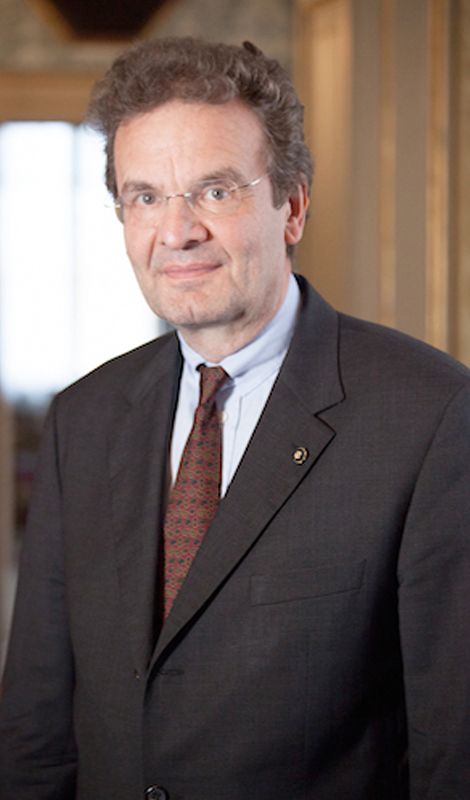Speech by the Grand Chancellor of the Sovereign Order of Malta
WHS Special Session “Religious Engagement”
Let me first thank you for the opportunity to speak. When the Order of Malta was preparing for the Summit, we never believed that the issue of religion would come such a long way on the agenda. The fact that we are gathering here today is already a success in itself, but one that must not stop here. On the question what we do that is unique, we first need to ask what makes us as religion-based actors distinct from secular actors. Do we do different things, or do we do the same things differently? Many faith-based organizations have specialized to the point of having no differences to secular actors. However, there are three elements, with which we try to translate faith into concrete commitments.
Firstly, we are prepared to remain in the field for longer periods, and our enduring presence means that we are trusted by the local population. For example, in Lebanon, the Order of Malta has been active for over three decades and reaches out to as many Christians as Muslims. Being open to everyone, providing food and shelter and offering medical services during times of war has created a sense of trust and deep respect for the Order by all denominations. Something we still enjoy today. Our centers have become a symbol of solidarity and coexistence.
Secondly, humanitarian aid is about needs, but usually spiritual needs are neglected. We fill this gap by providing individuals with a sense of purpose, and by lifting our assistance beyond the material component.
Thirdly, when it comes to conflicts and assistance in societies that are strongly characterized by religion and traditions, people are sometimes very suspicious of a mere secular agenda. It is then easier to negotiate and find common grounds with parties opposing assistance if we play the religious card.
Moving now to the calls to support faith-based action, I would like to give two quick messages:
To my faith-based colleagues, I strongly encourage to recognize the importance of promoting the rules of International Humanitarian Law. We all can use our religious ‘trust capital’ to amplify humanitarian diplomacy, particularly to secure access to people in need. To this end, we also should establish inter-religious links on the ground and develop new networks for cooperation.
To the international community, I would like to invite you to discover the sometimes hidden benefits of faith-based organisations and to make better use of the unique qualities of local FBOs and faith communities. For instance, I am thinking of more direct funding to local FBOs and a better integration of voices of local religious communities into the decision-making processes.
I stop here and I hope that this special session is only the beginning of an improved engagement between faith-based actors, affected people, governments and international humanitarian organisations.
Thank you!









